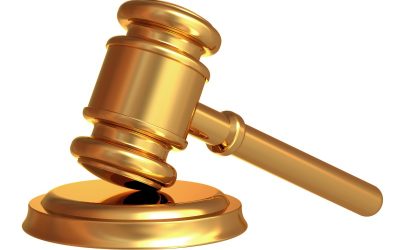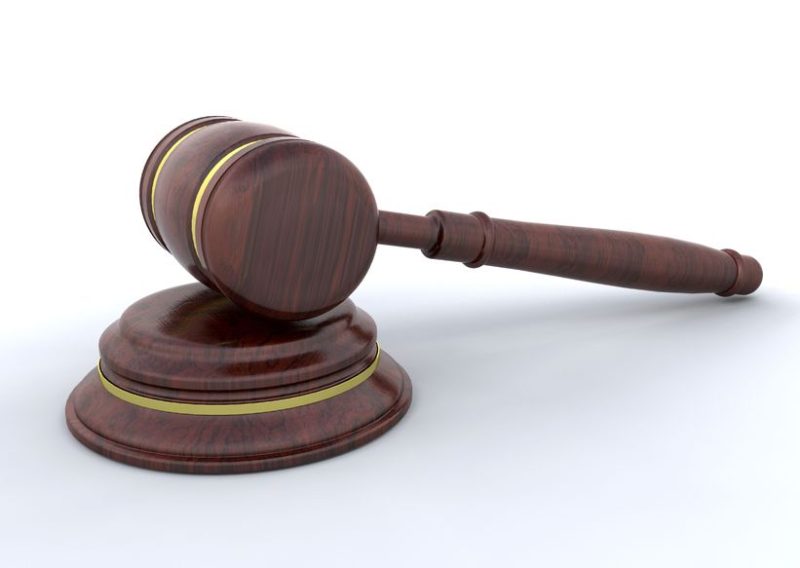Chapter 13 bankruptcy is commonly used by those with a regular source of income. People that have a regular income that is sufficient to allow them to develop and abide by a plan to repay their debts can use this type of bankruptcy. Chapter 13 bankruptcy in Tampa allows the debtor to pay his or her debts over time and keep their assets. The plan for repayment is normally developed in such a way that the debts can be repaid over a period of time from three to five years. During the period of time that the debtor is repaying the debts to the creditors it is illegal for creditors to attempt to collect their debt.
Advantages of Chapter 13 bankruptcy:
Chapter 7 requires that the bankrupt liquidate most of the assets owned, the proceeds are used to pay the debtors as much as possible. The debtor is declared bankrupt in a very short period of time. Chapter 7 is usually used by people who have very few assets and they don’t mind giving up those they have.
Chapter 13 bankruptcy in Tampa on the other hand allows the bankrupt to keep their homes, by filing for Chapter 13 the individual can put a stop to any foreclosure proceedings and over time, be allowed the opportunity to cure his or her delinquency. Although they will not lose their home, they are still obliged to make their mortgage payments while they are working to fulfill their obligations as defined by the plan. Another advantage is that the bankrupt can reschedule other secured debts, extending them over the life of the plan.
Eligibility:
Not everyone can file for Chapter 13 bankruptcy in Tampa. The person, whether gainfully employed or operating a business can file Chapter 13 as long as the total unsecured debt does not exceed $383 thousand dollars and secured debt is not in excess of $1,149, 525. A partnership or a corporation cannot file for Chapter 13.
How Chapter 13 bankruptcy works:
The debtor needs to file with bankruptcy court a schedule of assets and liabilities, a statement of current income and expenses, a list of unexpired leases and other contracts and a full financial statement. The petitioner must undergo credit counseling and must file with the court a proposed repayment plan. Once the plan has been approved the debtor must give a court appointed trustee the agreed upon amount of money every month, the trustee is responsible for making payments to the creditors. Once the plan has been accomplished the debtor is entitled to a discharge under certain circumstances.



